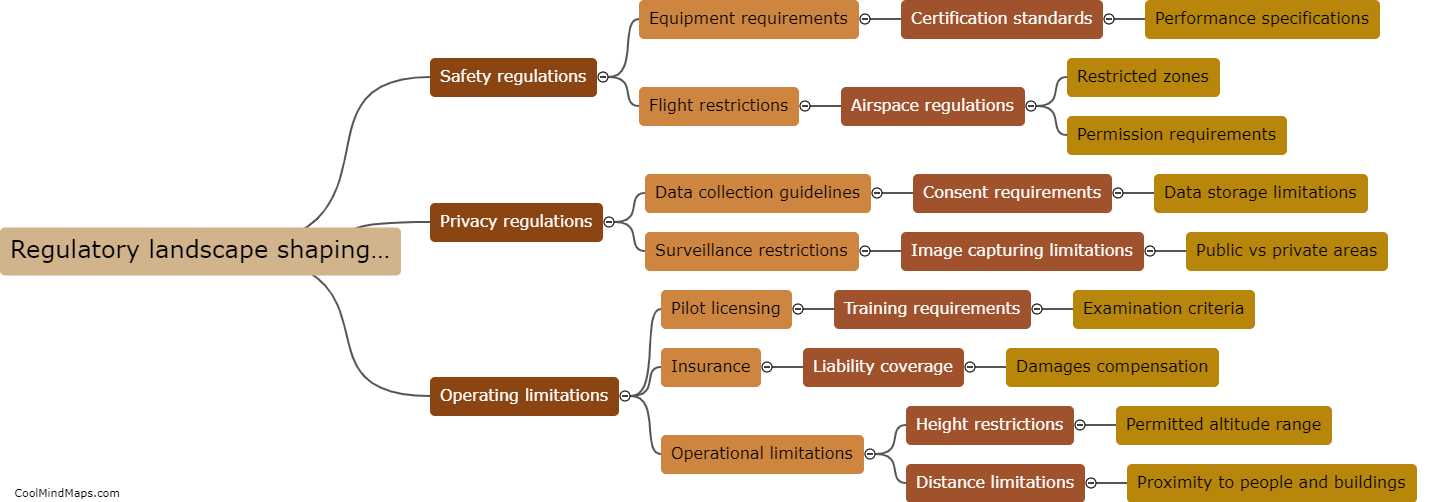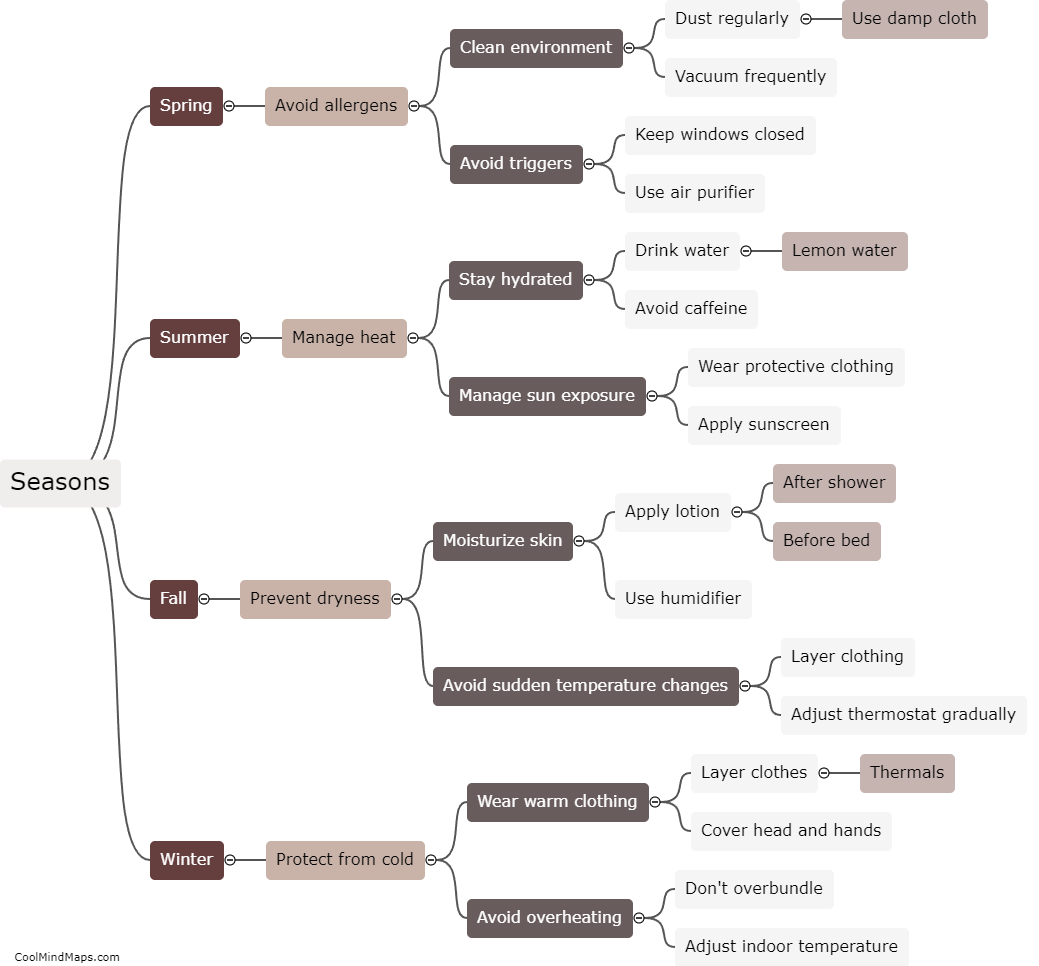How is hydrology used in managing water resources?
Hydrology plays a critical role in managing water resources by providing vital information and tools. It helps in understanding the movement, availability, and quality of water in various water bodies such as lakes, rivers, and groundwater aquifers. By monitoring rainfall patterns, stream flows, and evaporation rates, hydrologists can assess water availability and plan its sustainable use. Hydrologic models are employed to predict the impacts of water management strategies, such as dam construction or irrigation systems, on water supply and ecosystems. Hydrology also helps in determining the safe yield of water resources, establishing water allocation plans, assessing flood risks, and evaluating the effectiveness of water conservation measures. Thus, hydrology serves as a fundamental science for informed decision-making and integrated water resource management.

This mind map was published on 27 November 2023 and has been viewed 106 times.











